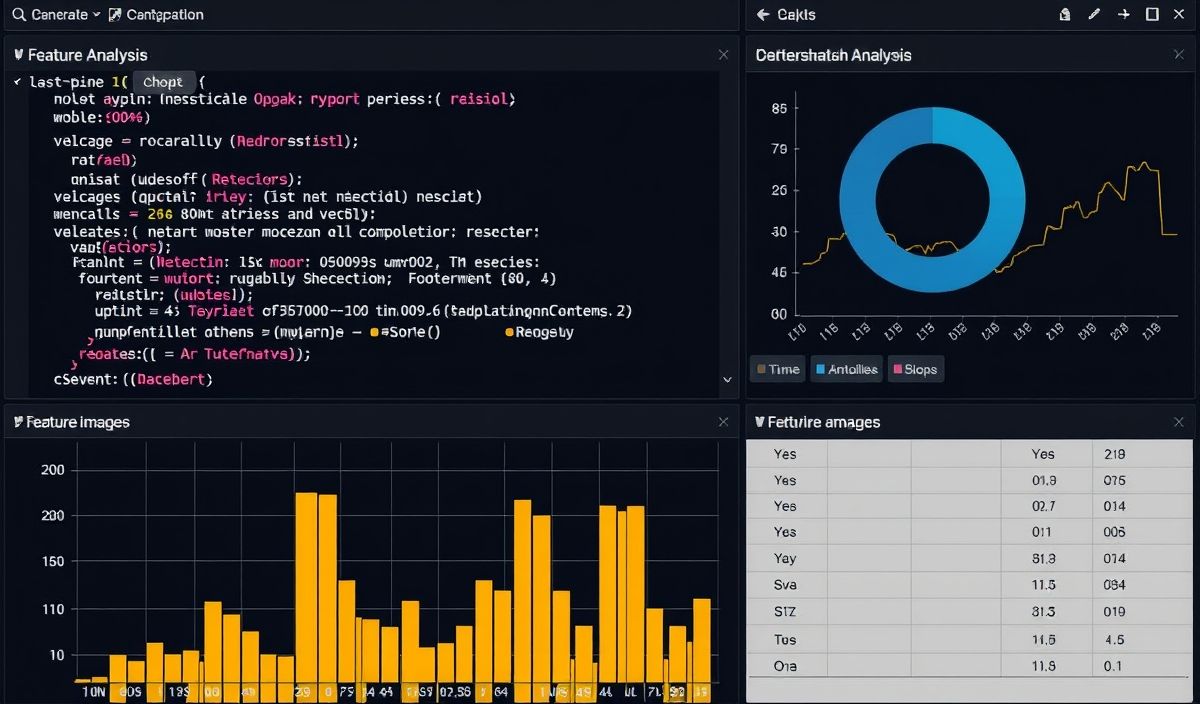Introduction to Async Logger
Logging is a crucial part of building reliable and maintainable applications. Async Logger is a powerful library that allows you to perform logging in an asynchronous manner, leading to non-blocking performance and efficiency in your applications. In this article, we will explore Async Logger and dive into its useful APIs with practical examples.
Setting Up Async Logger
import asyncio
import async_logger
# Setting up the logger
logger = async_logger.get_logger('my_logger')
Basic Logging
You can log messages at different severity levels, such as debug, info, warning, and error.
async def log_messages():
await logger.debug('This is a debug message')
await logger.info('This is an info message')
await logger.warning('This is a warning message')
await logger.error('This is an error message')
Logging with Context
Logging with context allows you to add contextual information to your logs.
async def log_with_context():
context = {'user_id': 123, 'action': 'update'}
await logger.info('User action log', extra=context)
Custom Handlers
Async Logger supports custom handlers to direct log outputs to different destinations, such as files or external systems.
class CustomHandler(async_logger.Handler):
async def emit(self, record):
# Custom log handling logic
print(f'Custom log: {record.msg}')
async def setup_custom_handler():
custom_handler = CustomHandler()
logger.addHandler(custom_handler)
await logger.info('This will trigger custom handler')
Filtering Logs
Apply filters to control which log messages are handled by a logger or handler.
class LevelFilter(async_logger.Filter):
def __init__(self, level):
self.level = level
async def filter(self, record):
return record.level >= self.level
async def setup_filter():
level_filter = LevelFilter(async_logger.WARNING)
logger.addFilter(level_filter)
await logger.info('This will be filtered out')
await logger.warning('This will pass through the filter')
Application Example
Let’s create a simple web application that logs user requests asynchronously.
from aiohttp import web
import async_logger
logger = async_logger.get_logger('my_web_app')
async def handle_request(request):
await logger.info(f'Received request: {request.rel_url}')
return web.Response(text='Hello, world')
app = web.Application()
app.add_routes([web.get('/', handle_request)])
if __name__ == '__main__':
web.run_app(app)
This web application will log incoming requests asynchronously, providing non-blocking performance.
Async Logger is a versatile tool that can enhance the performance and reliability of your application by leveraging asynchronous logging. By using the API examples provided, you can start integrating it into your own projects with ease.
Hash: fc4b90e270d1dba358c02a53b1e43daf1714fc8a2c6a202f616601aee6c80632




